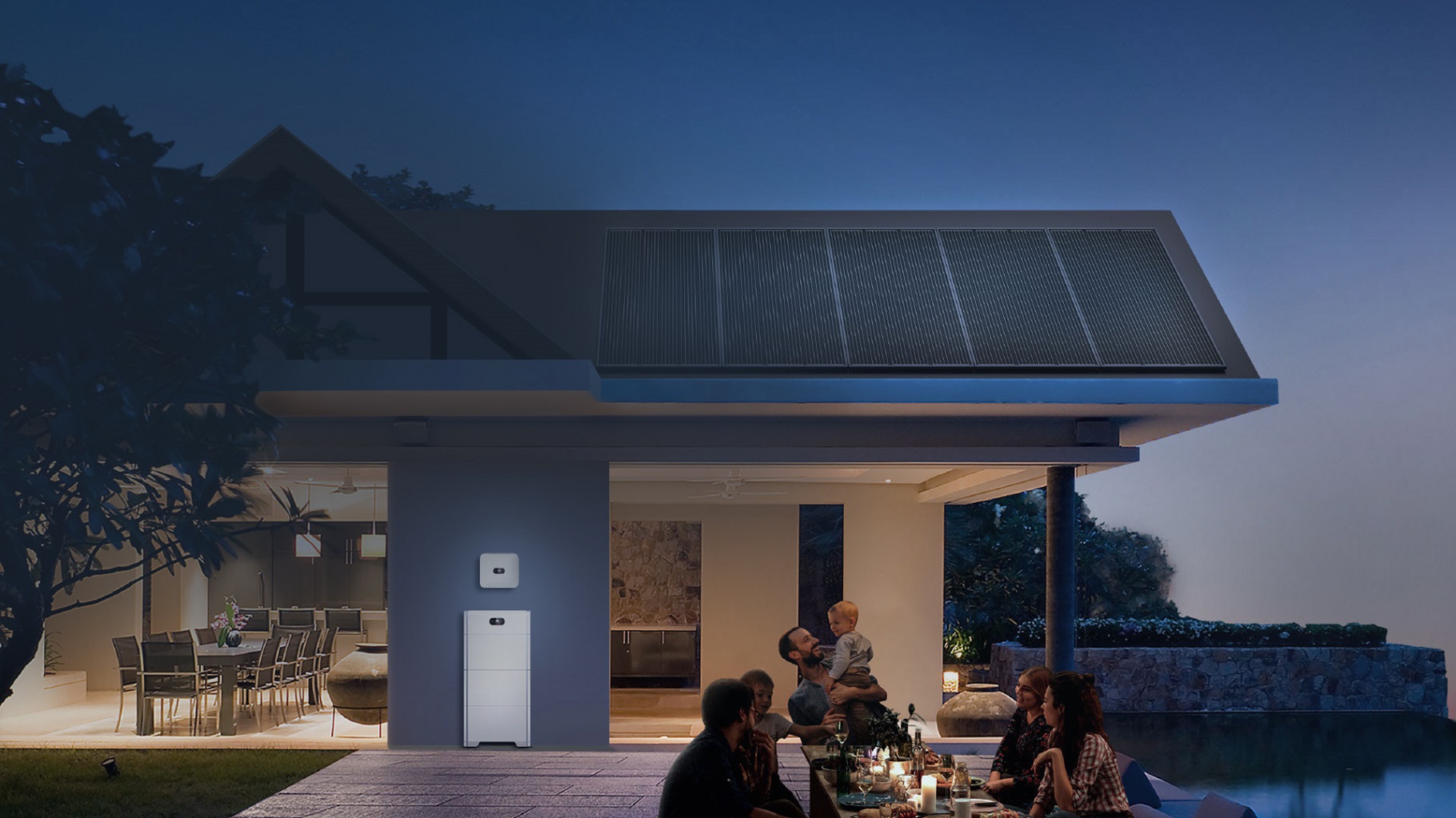
EDP and Huawei sign an agreement to boost their smart batteries

The placement of batteries in the solar self-consumption installations can result in savings of more than 1,400 euros per year
EDP, leading company in renewable energy worldwide, has closed a deal with Huawei, a leading global supplier of technology solution, to sell and install domestic batteries in Spain. The two companies, who have been collaborating since the end of 2018, are now promoting the smart battery market together.
This agreement is part of the energy company’s plan to keep expanding the solar self-consumption solutions by combining photovoltaic installations with flexible assets such as batteries. Besides, the combination between big data and its new batteries allows the savings of the solar installation to be optimized to the maximum.
The solar energy generated in a photovoltaic self-consumption installation is not stored: if not consumed, the excess is discharged into the grid. However, opting for the incorporation of a battery in this solar installation makes it possible to store this excess electricity for later use. In other words, the battery preserves the photovoltaic energy generated during the day for consumption at night.
The installation of solar panels along with a battery is equivalent to a greater energy self-efficiency: it reduces dependency on the electricity grid and avoids the risk of variations in electricity prices. This way, an average solar installation of 4.1 kWp by EDP generates nearly 5,600 kWh/year of energy. Out of this, 50% is used for self-consumption and the remaining 50% is fed into the grid. Yet if a 5 kWh battery were added to this same solar installation, this house could achieve 90% independence from grid energy. This would mean a saving of more than 1,400 € per year, a 90% reduction in energy consumption and a 90% saving in the total bill. EDP predicts that by 2024 one out of every four consumers will have batteries linked to their solar installation in Spain.
Huawei Luna batteries are focused on the domestic sector and are characterized by its efficiency and high performance, providing a discharge depth of 100%, which positions them in the best profitability range.
In addition, the incentives of the Recovery, Transformation and Resilience Plan for the use of batteries in homes allow, through subsidies, an earlier return on investment. There are subsidies that allow savings of up to 70% on the cost of installing a battery.
In the words of Gabriel Nebreda, director of EDP Solar: "Spain is the country with the most solar radiation in Europe and betting on batteries that store all the energy produced in any photovoltaic installation is the most effective solution to guarantee savings in energy consumption and electricity bills; as well as mitigating the volatility of electricity prices, promoting the stability of our low-voltage grid and caring for our environment".
Daniel Boluda, general director of Huawei Digital Power Spain, points out: “"in our company we believe that there are many unexplored scenarios regarding behind-the-meter storage, which will always be more profitable, secure, reliable and with a lower carbon footprint than other options available in the market. This agreement reinforces our joint determination to provide efficient solutions that maximize the great opportunity offered by solar energy in our country".
Europe’s need of energetic independence is more pressing each day and Spain, as a solar power, has enough solar potential to reduce energetic dependency levels. This way were we to fill all Spanish roofs with as many solar panels as possible – almost 465 million panels –, we would have the average annual energy use of more than 92 million homes covered, a 100% of these homes’ energetic needs.
EDP promotes self-sufficiency in homes and businesses in Spain through a variety of comprehensive solutions to ensure energy savings from day one. Batteries for energy storage are one of these indispensable solutions for a cleaner, more efficient and renewable energy usage.